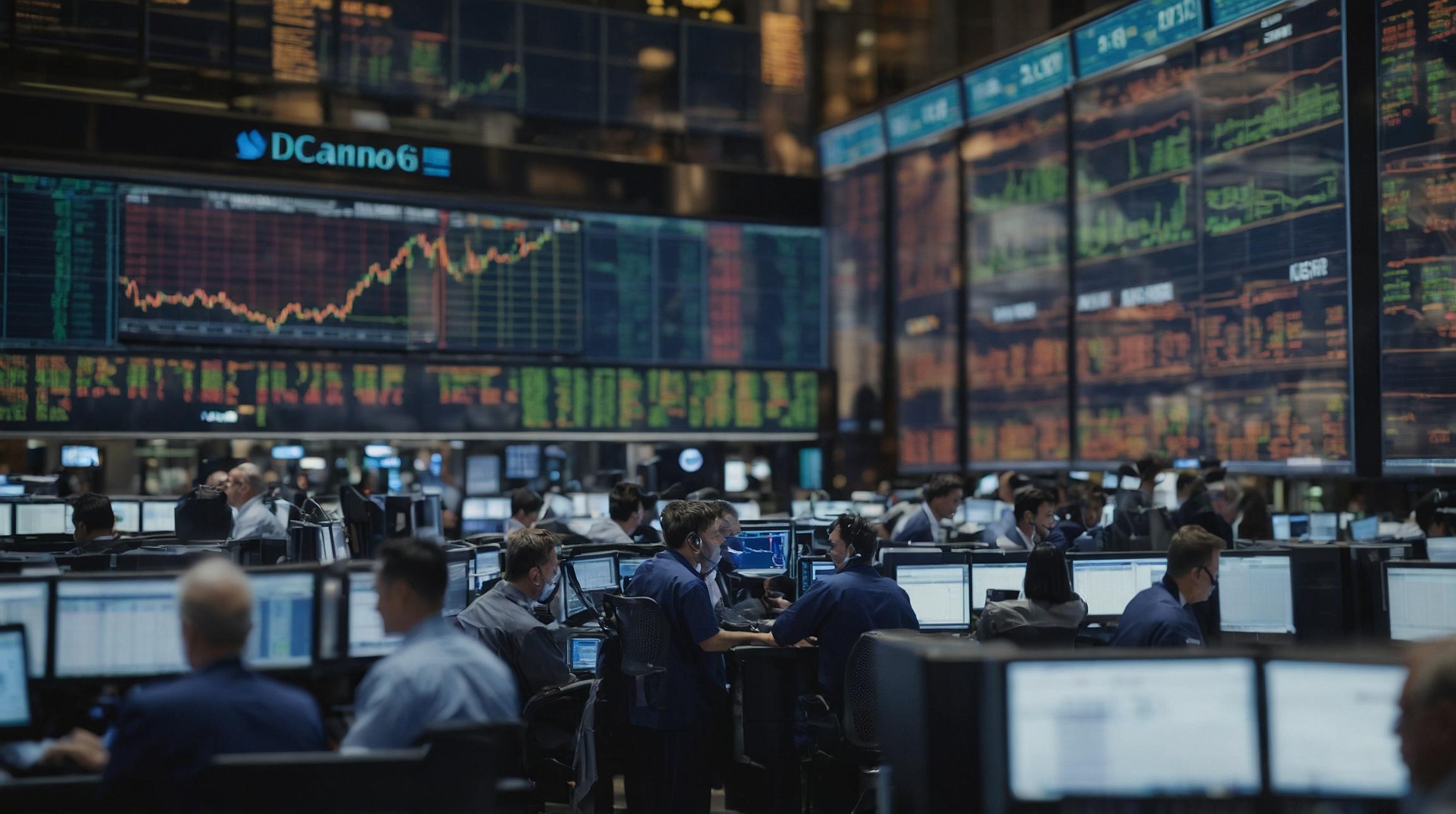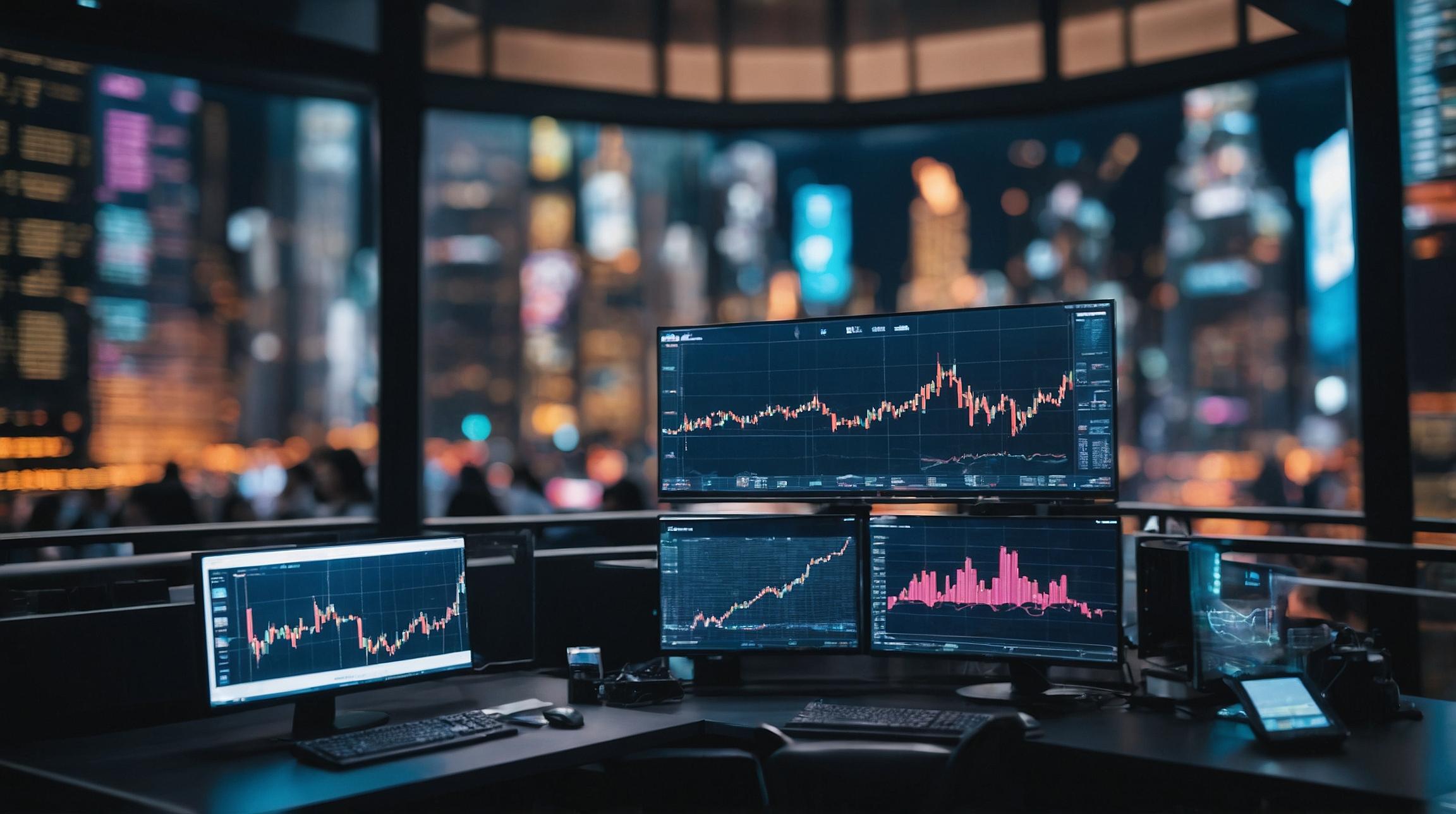How Geopolitical Events Impact the Stock Market
Geopolitical events like wars, elections, and terrorist attacks can shake up financial markets. Examples include Russia’s invasion of Ukraine and the ongoing Israel-Hamas war. Let’s explore how these events impact the stock market and how investors can safeguard their portfolios.
How Geopolitical Events Affect the Stock Market
Geopolitical events bring uncertainty to the global economy. For instance:
- Elections can create market volatility due to unknown future government policies.
- Wars and conflicts disrupt international relations and economic partnerships.
When these events happen, the stock market often drops initially because investors are scared. However, over time, the market usually recovers as other factors like corporate earnings and interest rates become more important.
Historical Examples and Their Market Impact
Here are some notable geopolitical events and how they impacted the stock market:
| Geopolitical Event | Date | One Day Return | Total Drawdown | Bottom | Recovery |
|——————————-|—————-|———————|——————–|————|————–|
| Pearl Harbor Attack | 12/7/1941 | -3.8% | -19.8% | 143 days | 307 days |
| JFK Assassination | 11/22/1963 | -2.8% | -2.8% | 1 day | 1 day |
| Iraq’s Invasion of Kuwait | 8/2/1990 | -1.1% | -16.9% | 71 days | 189 days |
| September 11 Attacks | 9/11/2001 | -4.9% | -11.6% | 11 days | 31 days |
| London Bombing | 7/5/2005 | 0.9% | 0.0% | 1 day | 4 days |
| Boston Marathon Bombing | 4/15/2013 | -2.3% | -3.0% | 4 days | 15 days |
| Russia-Ukraine War | 2/17/2022 | -2.1% | -6.8% | 13 days | 23 days |
| Israel-Hamas War | 10/9/2023 | 0.3% | -4.5% | 14 days | 19 days |
The table shows that unexpected geopolitical events usually cause sharp declines. However, the market often bounces back and can even reach new highs.
Protecting Your Portfolio from Geopolitical Risks
Feeling anxious about geopolitical events? Here are some strategies to protect your investments:
Don’t Rush to Sell
Avoid panic-selling. It’s tempting to sell stocks during crises, but history shows that markets usually recover. Selling in a panic can mean locking in losses.
Diversify Your Portfolio
Diversification means spreading your investments across different sectors, asset classes, and regions. This strategy helps reduce the risk tied to any single market event.
Focus on Long-Term Goals
Despite short-term market swings, keeping an eye on your long-term investment goals is vital. This mindset helps you avoid making rash decisions based on temporary market movements.
Conclusion
Geopolitical events inevitably impact financial markets, but their effects are generally short-lived. By staying calm, diversifying your investments, and focusing on long-term goals, you can navigate these uncertain times more effectively. Every investor's situation is unique, so tailor these strategies to meet your individual needs and financial objectives.













